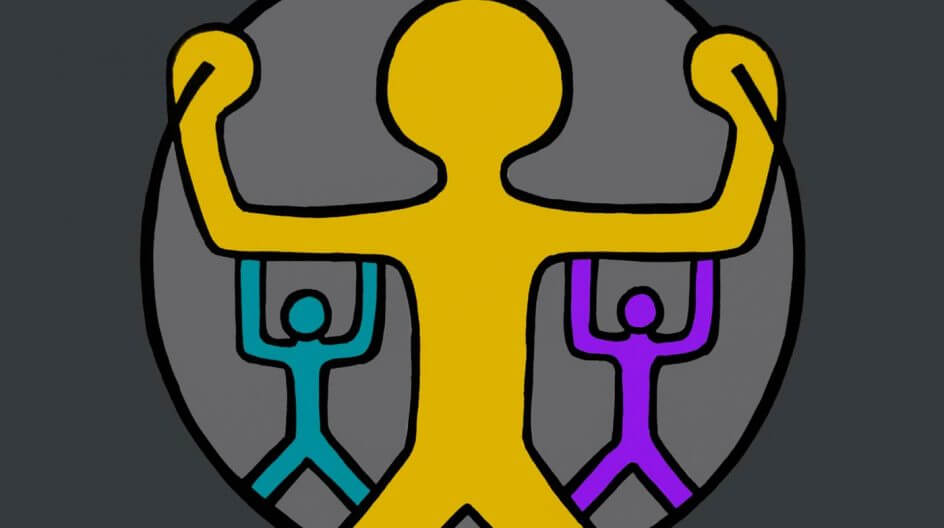Making friends isn’t just a smart networking approach or strategy for status. It’s intimately connected to our physical and mental well-being.
If you needed more proof that our relationships literally make or break us, then check out the latest findings of the Harvard Study of Adult Development, which has found once again that social capital — the stuff of great relationships — really is our lifeblood.
“The surprising finding,” explains Robert Waldinger, director of the study, a psychiatrist at Massachusetts General Hospital and a professor of psychiatry at Harvard Medical School, “is that our relationships and how happy we are in our relationships has a powerful influence on our health.”
In other words, relationship-building isn’t just a smart networking approach or professional strategy. It’s intimately connected to our physical and mental well-being.
Or, as Waldinger puts it, “Taking care of your body is important, but tending to your relationships is a form of self-care too.”
The study, one of the longest on health and wellness into adult life in history, is exploring participants’ health profiles, personal journeys, and professional trajectories over 80 years, giving this team a deep and long-term picture of human happiness.
Strong relationships, the researchers found, keep us happy and healthy throughout our lives. But just how big a role do relationships play in our longevity and health?
A massive one, apparently. According to the study, strong relationships literally delay mental and physical decline and better predict happiness long-term than social status, IQ, or genes.
Wrap your head around that: The quality of our relationships is more important to health and happiness than socioeconomics, intelligence, and heredity!
Of course, the study builds on a massive amount of existing research on the connection between relationships and health.
Dr. Debra Umberson and Dr. Jennifer Karas Montez, for example, have explored how relationships profoundly affect our mental health, physical health, health habits, and mortality risk, both positively and negatively. They’ve also built on research that shows that relationships create cumulative advantages or disadvantages over time, snowballing their effects from childhood into old age. Two of their top public policy recommendations? Promote social ties, and reduce social isolation.
In other words, we humans need one another to survive.
We often hear about networking as a task, a means, or a strategy. Even some of the greatest networkers in the world approach their relationships this way, thinking of other people as a necessary component of self-development, as accelerators for their own success.
But when we push beyond that narrow conception of networking, and move into authentic, generous relationship-building, we start to reap benefits far beyond professional success.
We get into what the Harvard study confirms: that people with meaningful relationships live measurably richer, happier, healthier lives.
So as you invest in your relationship-building, know that you’re not just investing in your career prospects, financial status, or social life. You’re also investing in your biology and chemistry, your outlook and worldview, your sense of purpose, and connection.
And it all depends on how we meet, understand, and empower the people around us.


